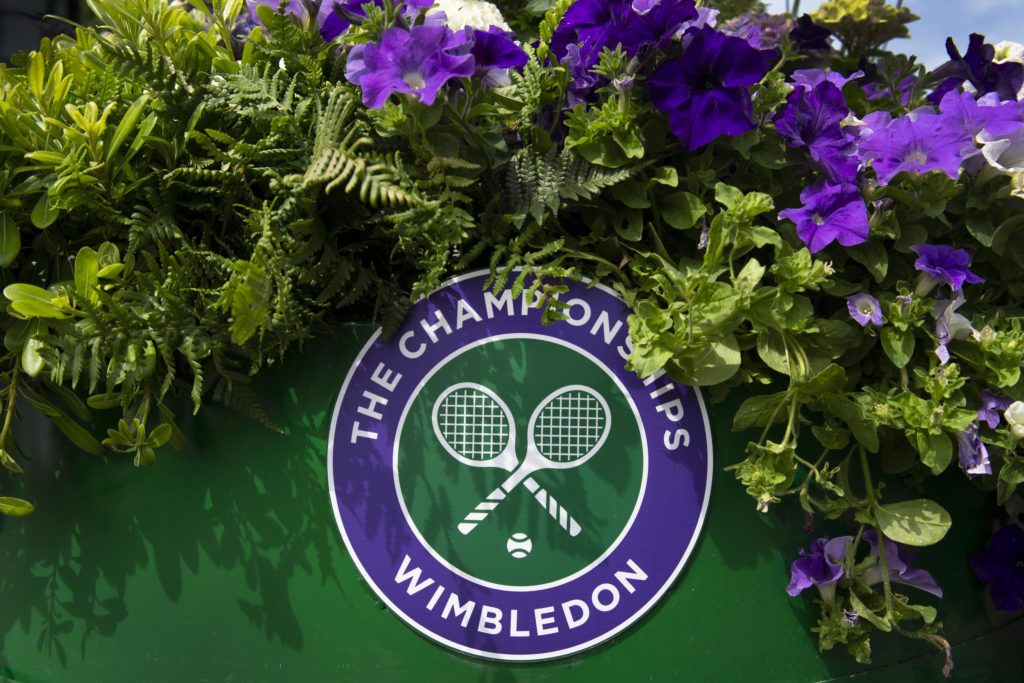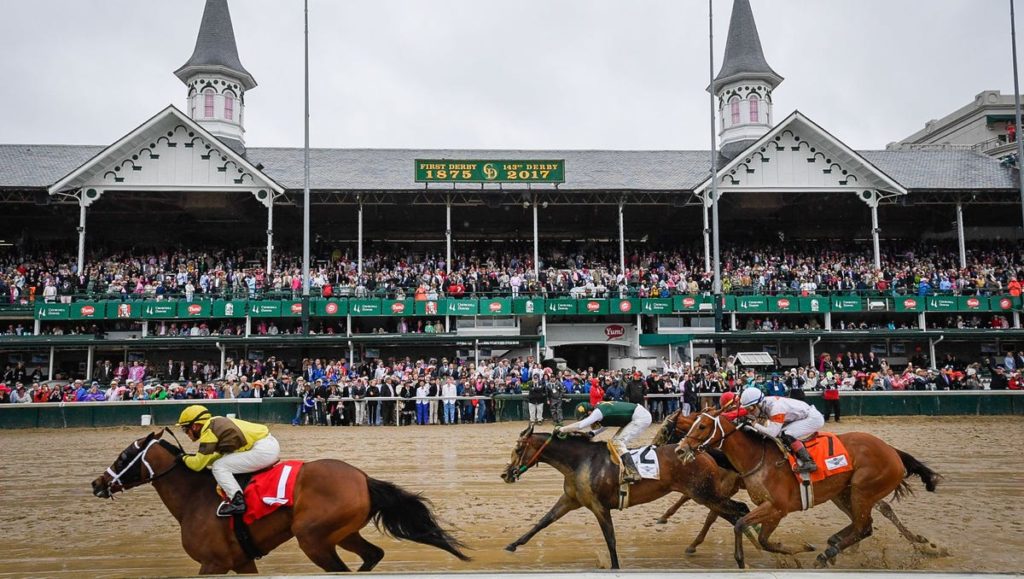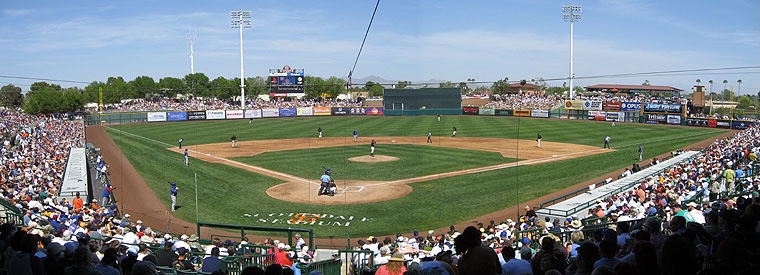Sports has Always Served as an Escape — But Quite Different Now

Sports has always served as an escape. Playing sports and watching them on television.
There’s nothing like going out for a round of golf, or a few sets of tennis, or biking, or walking.
For those who don’t indulge in participating, sports on TV plays a major role in getting your mind off, well, whatever it is that’s on your mind.
Whenever I do an NFL broadcast, on the morning of the game, I think about the audience. Those who will be watching. I think about how thousands who work so hard for the five days during the week look forward to the three or so hours watching football. Rooting for their teams. Sitting in their living rooms or dens, enjoying a sandwich, a pizza, or whatever, along with their favorite beverage.
It’s Sunday and a time to relax. Time to escape. Monday, and the work week will come soon enough.
That’s what I think about. I hope the viewers enjoy the game. The way the telecast is presented can help make that happen.
But now, with the virus, there is no escape.
The first thing you have to wonder is how critical sports are in the face of some major, serious problems people have to confront.
Health is number one. It always is. After that, those jobs they go to Monday may not be there.
So, I believe sports are important as far as the overall fabric of society is concerned, but they take a backseat to the real problems that exist.
With that perspective, let’s now deal with the sports situation.
There is as much question, doubt, unknown, random speculation and confusion regarding the sports we follow.
Already there have been volumes of postponements and cancellations.
The Tokyo Olympics slated to begin in late July has been postponed until 2021.
Golf’s first major tournament of the year, the Masters, has been postponed until November.
In tennis, Wimbledon was canceled for the first time since World War II.
The French Open now is scheduled for late September.
The 146th Kentucky Derby was moved from May 2nd to September 5th.
The Indianapolis 500 won’t run as part of Memorial Day for the first time since 1945. The race will now be held in August.
Can you just envision how crowded the sports calendar will be for the last few months of the year?
The Kentucky Derby
None of this includes the team sports.
March Madness was canceled.
The NBA and NHL were suspended with no date to resume in sight.
If those pro sports come back, when would they finish? And what effect would that have on next season?
It seems there would be precious little time to re-energize before it’s time to get back to work for another campaign.
Major League Baseball which would have been in it’s third week right about now, has no idea when it will get started.
There has been talk of beginning in May, and playing all the games in Arizona this season.
There are ballparks in the desert, filled by teams who play their spring training games prior to the regular season.
Actually there are 10 of those parks, as well as Chase Field, where the Arizona Diamondbacks play their regular season games.
On the face of it, the idea is not a bad one.
Arizona would represent a centralized locale where games could be played morning, afternoon and evening. The schedule would have to be adjusted, of course, but there might be a way to make it work.
There are significant negatives, however.
The temperature in Arizona is well over 100 degrees in summer, sometimes reaching the 120 mark.
Also, the teams would have to be sequestered in various hotels for four and a half months without their families.
There would be no fans in the stands, of course.
And that issue would affect other sports as well.
Scottsdale Stadium
The NFL and college football come to mind. Can fans feel confident to fill 50,000 plus stadiums in close quarters?
How about transporting teams to various cities. A traveling party in football numbers well over 100, including a staff of trainers, equipment personnel etc.
A big question centers on what football, if played, and when, would be like without fans?
Here is a quote from Buffalo Bills placekicker Steven Hauschka to columnist Peter King:
“I don’t think people have really focused on what it’ll be like for players to play without fans in the stands, if that’s what happens. You’re so used to playing in front of fans. It pumps you up, fills you with adrenaline. To play in front of nobody would be so bizarre. Mentally preparing to kick in a stadium with no fans will just be so different”.
Steven Hauschka
So much of what sporting events are, in person, or on television, is about crowd reaction.
The entertainment value of sports is punctuated by reactions of thousands of fans heard on a broadcast. It actually makes the event come to life.
Without it, there is just a void, and emptiness. It’s like watching a team practice. It’s something fans don’t see, but we broadcasters do. Believe me, there is no drama or excitement in watching practice.
But, to make an understatement, these are different and unusual times.
If games can be played, and viewers can watch them, it is better than no games at all.
It could never be the same. But it doesn’t appear we’re returning to the “same” all too soon.
Let’s return to our original premise.
That the escape we experience in attending, and watching sports is
not near the top of the list of regaining our footing when this sad time comes to an end.
But it’s a target to think about as we move closer to better times.
Wouldn’t it be great to see all the sports return to normal?
With schedules that are nearly complete. And fans fill the stadiums and arenas.
If that could ever happen, sooner than later, that would mean that light at the end of that tunnel we may be imagining, will be shining brightly.




